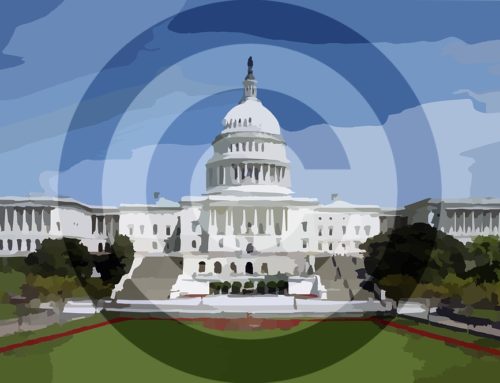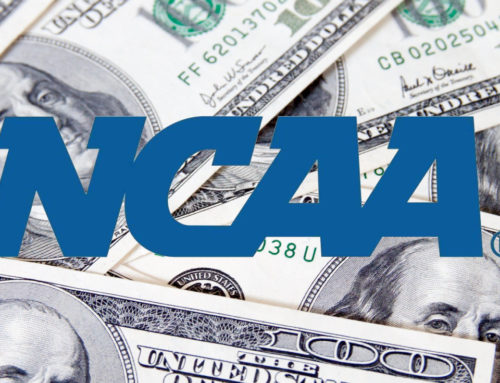
Late last week, members of the European Parliament voted on what has become a controversial piece of proposed legislation. The Copyright Directive, introduced to overhaul copyright legislation in order to suit the digital era, has been lauded by members of the entertainment industry and decried by members of the tech industry. Still, when it came to a vote, the legislation passed with 438 members in favour and 226 opposed.
While the legislation is sprawling in its proposed amendments, there are two main sections that have become the focus of the media’s attention: Article 11 and Article 13.
Article 11
This section of the Copyright Directive introduced what has become known as the “link tax.” That is, a tax that aggregate sites (such as Google and Facebook) will have to pay to publishers (news outlets) for linking to news stories on other sites.
As it currently stands, conglomerates like Google and Facebook reap millions of dollars from ad revenue. Such revenue is generated from publishers that such aggregate sites link to. This legislation has been introduced in an effort to provide compensation and credit to publishers and authors of original content and to distribute this revenue more fairly.
Article 13
This section of the Directive is the area that has garnered the most attention, as it stands to potentially reshape the ways in which Europeans use the internet. That is, if critics of the act are to be believed.
This amendment will force content platforms such as YouTube to obtain licenses for any and all copyrighted content that users post, including music videos and film clips. The licensing fees will then be paid out to the original rights holder(s). To mediate this new directive, the implementation of more stringent “upload filters” may be introduced. Although such systems are already in place for platforms such as YouTube, this section of the legislation will force all content hosts to block and restrict any and all copyrighted material from being uploaded without proper licensing and authorization.
Advocates for Article 13 (including Paul McCartney and other prominent members of the music industry) say that this updated legislation will ensure that content creators are compensated fairly and their content is used appropriately. However, critics of the legislation have argued that the introduction of strict upload filters will restrict use of the internet and stifle free speech and freedom of expression.
Both sides of the argument have painted pictures that are both utopic and dystopic respectively. Of course, the real outcome will land somewhere in the middle. Still, the passing of this legislation will prove to be a monumental moment for the ways in which copyrighted material is used and understood in the digital era.
Although the legislation still has a long way to go before it becomes enshrined as official law, the ramifications of the vote in Europe could impact copyright laws in other parts of the world. This week, lawmakers in the US unanimously voted in favour of what is known as the Music Modernization Act. This act will move towards updating copyright law in America as it relates specifically to the music industry. Similarly, the Copyright Act is currently under review in Canada. 3,700 content creators have signed a petition to enact copyright reform in this country. Most notably, musician Bryan Adams recently appeared before members of Parliament to state the case for copyright reform.
Although it may still be years away from taking effect, this recent vote in Europe will move the Copyright Directive one step closer towards becoming law. In turn, the ways in which the internet operates and users are able to interact with the internet will be changed in a potentially radical way. Furthermore, as Europe moves closer to copyright reform, other parts of the world will soon follow suit. It remains to be seen whether or not these changes will actually have a positive impact on content creators and users alike but one thing is for sure: change is coming.




